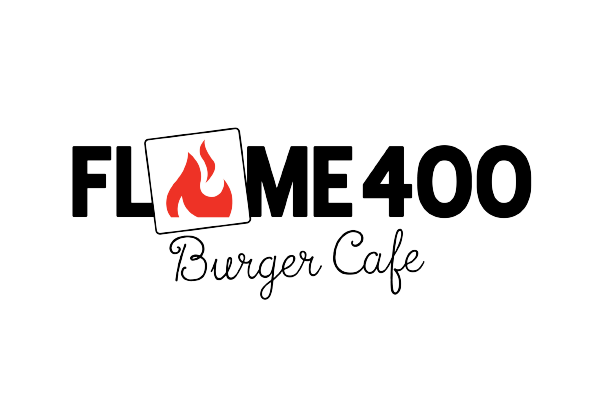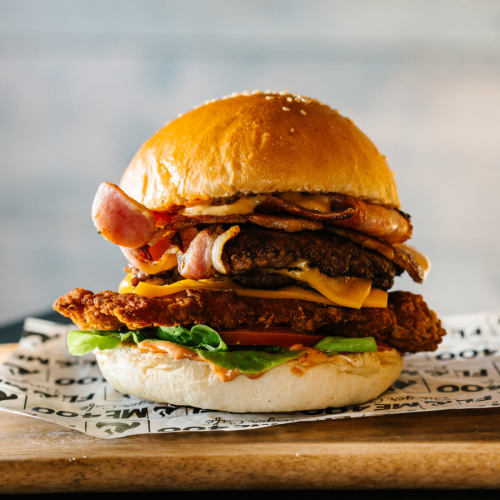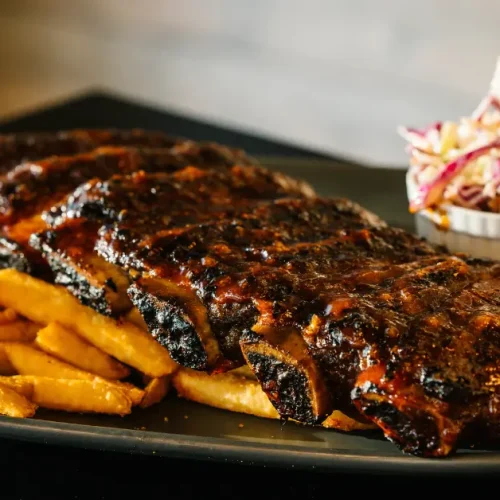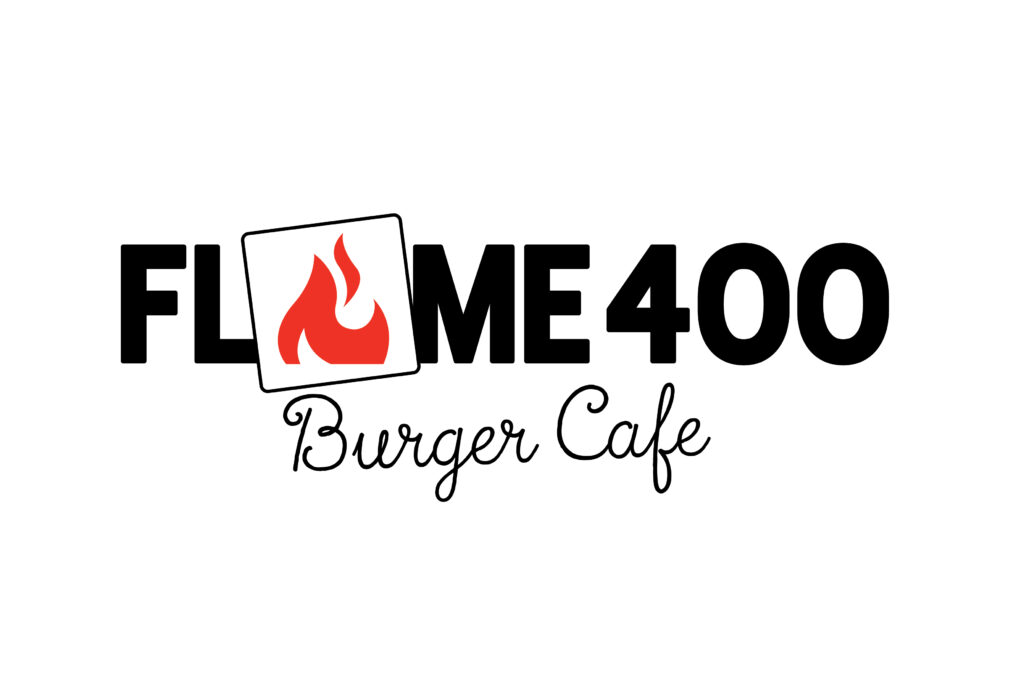In the restaurant industry, ensuring high standards of food hygiene is not only essential for maintaining customer satisfaction, but also crucial for the health and safety of everyone who enters your establishment. Cleanliness and proper food safety and hygiene practices help prevent foodborne illnesses, protect your business’s reputation, and ensure compliance with local health regulations.
Table of Contents
- Why Food safety Matters
- Implementing a Food Safety Management System
- Key Food Safety and Hygiene Practices
- The Role of Staff Training
Why Food Hygiene Matters
At its core, food safety refers to the measures taken to keep food safe from contamination. Poor hygiene can lead to harmful bacteria, viruses, and parasites contaminating the food, potentially resulting in foodborne illnesses for your customers. These illnesses not only damage your restaurant’s reputation, but could also lead to legal penalties if health and safety food hygiene standards are not maintained.
Beyond the obvious health risks, practicing excellent food safety and hygiene in restaurants helps build customer trust. Customers assume that their food will be prepared properly and carefully. Restaurants that prioritise safe food handling create a welcoming, trustworthy atmosphere, leading to repeat business and positive reviews.
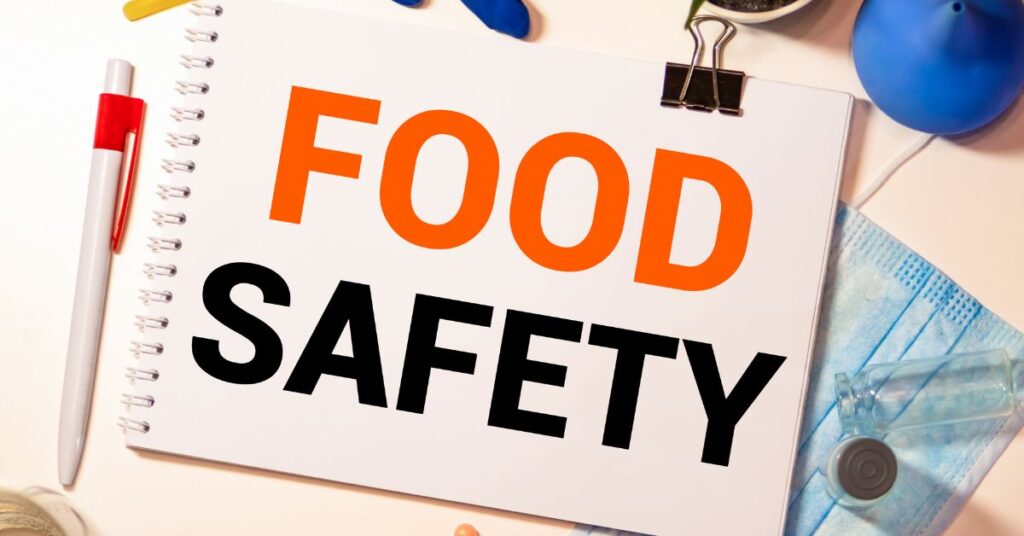
Implementing a Food Safety Management System
To ensure consistent adherence to food safety protocols in your restaurant, a proper food safety management system (FSMS) is essential. This system includes documenting, monitoring, and enforcing safe practices in food preparation, storage, and service. An FSMS also helps track hygiene performance and can be vital during health inspections, giving you peace of mind knowing your restaurant is operating according to regulations.
Key Food Safety and Hygiene Practices
1. Regular Cleaning and Sanitization
Cleaning and sanitising your kitchen, dining areas, and equipment should be a daily priority. Regular cleaning prevents the growth of bacteria on surfaces and ensures safe food handling.
2. Proper Food Storage
Storing food at the correct temperature is essential for preventing contamination. Refrigerate or freeze cold foods immediately, and keep hot foods at safe serving temperatures.
3. Personal Hygiene
Staff should adhere to strict personal hygiene standards, such as washing hands frequently, wearing clean uniforms, and using gloves when necessary. This prevents bacteria from being transferred from people to food.
4. Preventing Cross-Contamination
Cross-contamination occurs when bacteria transfer from meals, utensils, and surfaces. Keeping raw and cooked foods separate, using different cutting boards, and cleaning surfaces between uses are critical food safety and hygiene practices.
The Role of Staff Training
Training staff in proper food safety and hygiene is essential to maintaining consistent standards. Regular training ensures that employees understand the importance of safe food handling and know how to follow the restaurant’s hygiene protocols. This investment in staff training protects not only your customers, but also your business.
Conclusion
Maintaining high standards of food safety is not just a legal requirement; it’s a fundamental aspect of running a successful restaurant. By implementing a food safety management system, training your staff, and following essential food safety and hygiene practices, you protect your customers and your business from the risks of contamination and foodborne illness. Prioritising hygiene will help you build a trusted, reputable establishment that people feel confident dining in.
